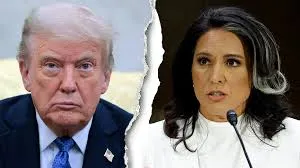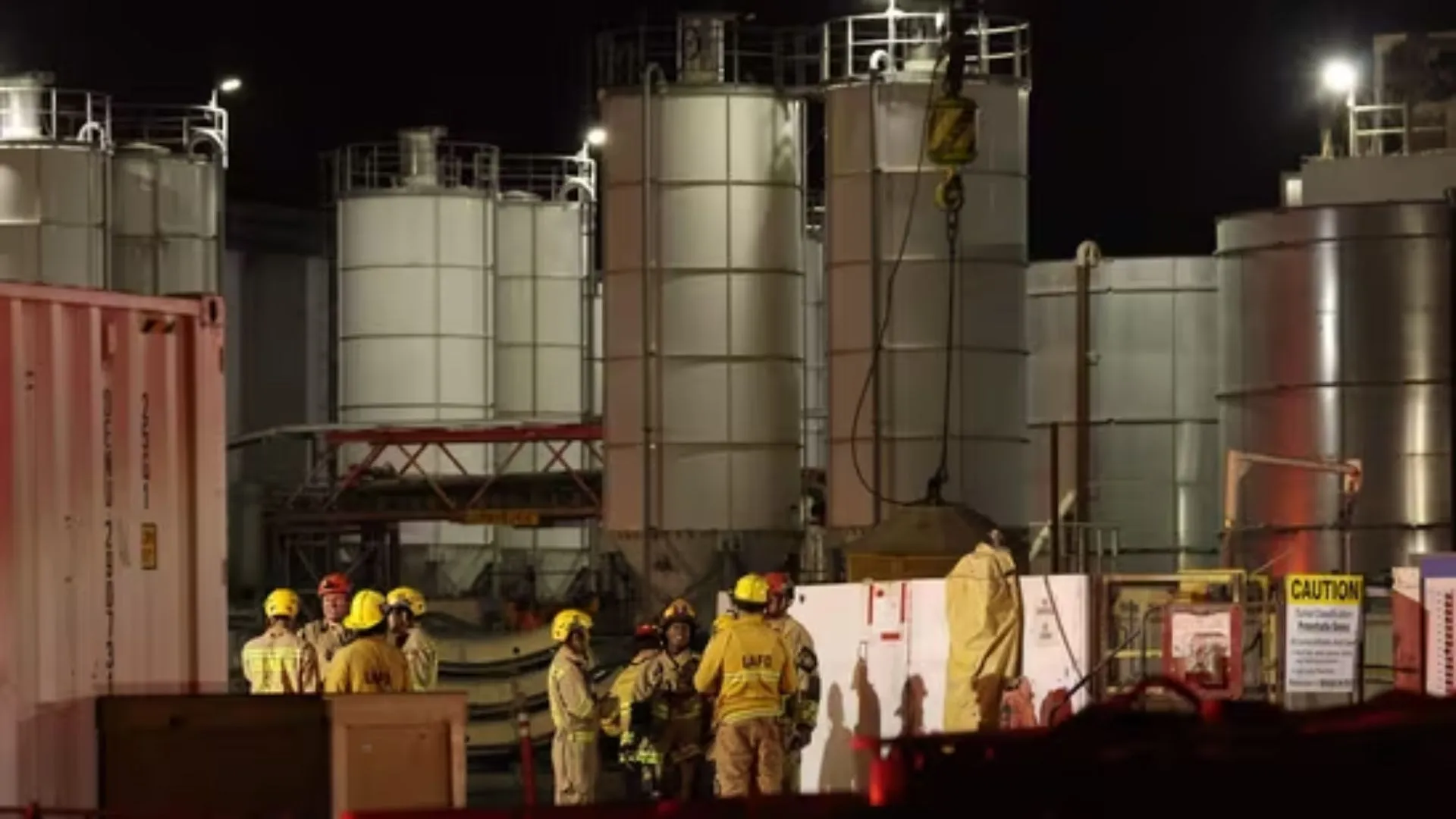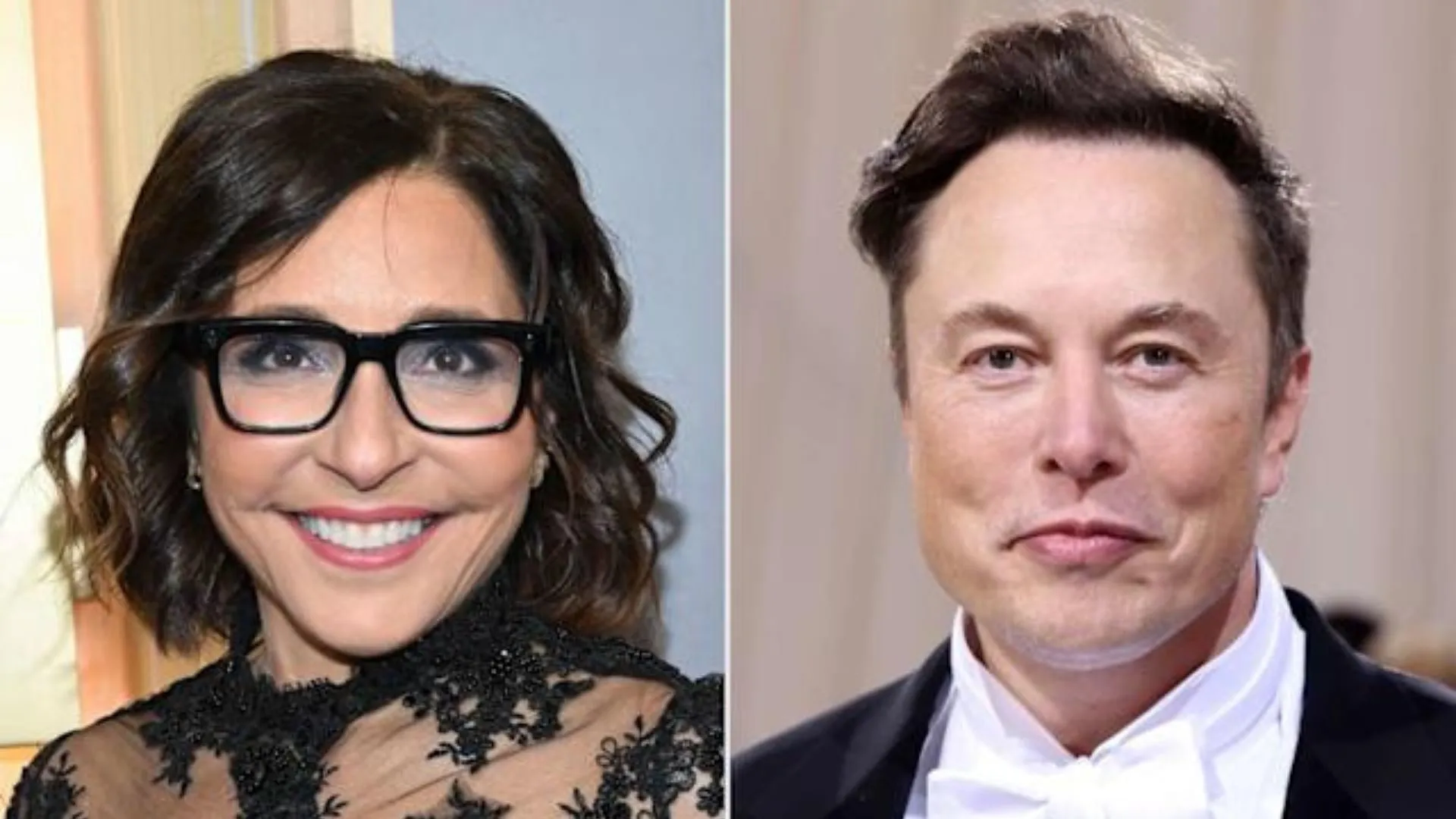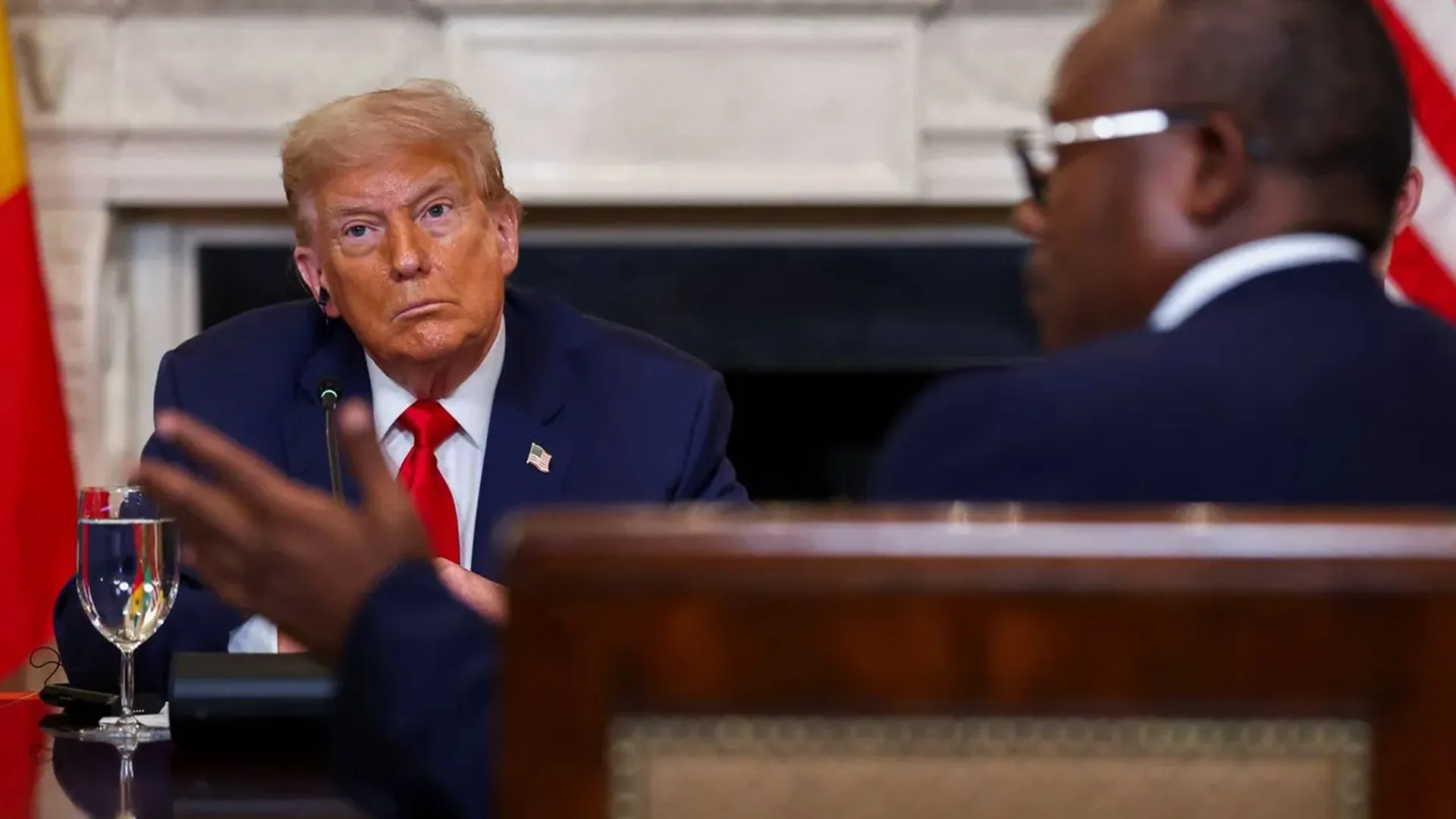At a recent press briefing at Morristown Airport in New Jersey, U.S. President Donald Trump publicly disagreed with his Director of National Intelligence, Tulsi Gabbard, stating she was wrong to claim there’s no evidence that Iran is developing nuclear weapons.
“She’s wrong,” Trump told reporters, contradicting Gabbard’s earlier testimony to Congress in March, where she said U.S. intelligence had found no indication that Tehran was pursuing a nuclear warhead.
Tensions with Iran and Israel Escalate
Trump’s remarks come as he considers potential U.S. involvement in the growing Iran-Israel conflict. Israeli Prime Minister Benjamin Netanyahu has justified a week-long series of airstrikes on Iranian targets, claiming Iran is close to obtaining a nuclear warhead.
Despite Iran’s denials and assertions that its uranium enrichment is for peaceful purposes, Trump challenged both U.S. intelligence findings and Gabbard’s alignment with them.
Conflicting Intelligence Views
Gabbard’s office had previously cited statements from the intelligence community suggesting she and Trump were “on the same page” about Iran’s nuclear status. However, a Reuters source with access to current intelligence said the assessment remains unchanged—Iran is not actively building a weapon and would need up to three years to develop one that could be deployed.
Some experts, however, caution that Iran could create a basic, untested nuclear device much sooner—though its effectiveness would be uncertain.
Trump’s History of Clashing with Intelligence Agencies
Trump has long had a tense relationship with U.S. intelligence services. During his first term, he frequently dismissed their conclusions, including the consensus that Russia interfered in the 2016 U.S. election in his favor.
Gabbard, a staunch Trump supporter, has echoed some of his claims, including concerns over a supposed “deep state” within intelligence agencies working against him.






















